Market regulator SEBI has barred 14 private life insurance companies from selling unit-linked insurance plans without its approval, giving a fresh twist to the turf war between SEBI and insurance watchdog IRDA.
“We expect some companies to move the court” said the CEO of a life company. “It is unfortunate that this dispute has been allowed to reach this stage. It is time for the finance ministry to intervene” he added.
In an order signed by Prashant Sharn, wholetime director, SEBI, said, “I hereby direct the entities mentioned in this order not to issue any offer document, advertisement, brochure soliciting money from investors or raise money from investors by way of new and/or additional subscription for any product (including ULIPSs) having an investment component in the nature of mutual funds, till they obtain the requisite certificate of registration from SEBI.”
The 14 companies mentioned in this order include Aegon Religare, Aviva, Bajaj Allianz Life Insurance, Bharti AXA, Birla Sun Life, HDFC Standard Life, ICICI Prudential, ING Vyasa Life, Kotak Mahindra Old Mutual Life, Max New York Life, Metlife India, Reliance Life, SBI Life, TATA AIG Life.
A few months back, SEBI had questioned individual life companies why they were selling investment products without its approval. Companies had responded individually that insurance laws permit them to offer an investment component within a life insurance policy. They also said that they were regulated by SEBI who had cleared all these products. The life companies were supported by the market regulator, who reiterated the stand taken by life companies.
In its final order SEBI said, “I find that the entities by their own admission have stated that there are two components of ULIPSs – an insurance component where the risk on the life insurance portion vests with the insurer and the investment component where the risk lies with the investor. This establishes conclusively that ULIPSs are a combination product and the investment component need to be registered with and regulated by SEBI”
SEBI’s order has implications not only for the life insurance companies but also for their promoters who have sunk in over Rs 26,000 crore in the form paid up capital. According to analyst reports, a significant portion of the value of various companies including, ICICI Bank, Aditya Birla Nuvo, SBI Life and Bajaj Fin serve. Most of the business written by these companies is through ULIPSs. If these companies are barred from selling ULIPSs, their valuations are likely to be hit.
Atul Surana , Certified Financial Planner and MD of Catalyst Financial Planning, says, “Anybody will understand one clear partial stand of SEBI which has not included LIC’s name in the list of life insurance companies selling ULIPSs. Secondly, this sounds much like a war between IRDA and SEBI who are bent on proving their authorities. These two regulators could have sorted out the issue on regulatory process first and then issued the order!”
So far as the order’s negative implications are concerned, experts say that while they broadly agree with the concerns of the regulator, it is also important to look at some possible negative implications of this move.
For instance, this process of another regulatory approval might take away the sheen from these products. Insurance companies may not be inclined. The Securities and Exchange Board of India’s latest order on ULIPSs is expected to have far-reaching implications for the concerned life insurance companies as well as investors. SEBI has issued a directive to all private life insurance companies not to issue any offer document or advertisement soliciting money from investors for a ULIPS or any product having an investment part in the nature of mutual funds, till they approve of the same.
This directive is the latest in a series of initiatives taken by the market regulator to put an end to all unfair market practices and make the process of investments simple, fair and cost efficient for an investor. While the immediate fallout will be negative for all the 14 private life insurance companies as ULIPSs form a major part of the new business written by these companies in the recent past, yet some financial experts feel that this is a welcome step as it puts an end to the unfair practice of pushing life insurance policies as investment products to gullible investors.
“In the current market practice investors end up paying very high charges for the investment part of these policies and are usually not aware of the expenses they are paying. This is because unlike a normal share or mutual fund investment there are usually a myriad of charges in a ULIPS product hidden behind numerous provisions and clauses which are sometimes not easy to comprehend even by insurance professionals,” says Ashish Kapur, CEO, Invest Shoppe India Ltd, adding, “hence common investors have very little chance of ever getting an accurate picture of the costs they are incurring on these insurance and investment combination products.”
Still all is not well with the SEBI order as it is believed to have some partiality besides having some negative implications to offer these products if the regulations are very tough and costly to comply with.
FRIENDLY FIRE: EXPECTED NUMBER OF CASUALTIES
SEBI’s order asking 14 insurance companies to stop selling unit-linked insurance plans has turned into full-fledged regulatory battle with the Insurance Regulatory and Development Authority issuing its own order directing the 14 companies to continue selling ULIPSs.
“After due consultation with the members of the consultative committee all the 14 insurance companies which are mentioned in the order of SEBI are directed to note that notwithstanding the said order of the SEBI, they shall continue to carry out insurance business as usual including offering, marketing and servicing ULIPSs in accordance with the Insurance Act 1938” IRDA said in a late evening order on Saturday signed by chairman J Harinarayan.
In the order IRDA observed that SEBI’s order would upset financial stability, jeorpardise policy holders interest and was prejudicial to the interest of insurers. The 14 companies mentioned in this order include; Aegon Religare, Aviva, Bajaj Allianz Life Insurance, Bharti AXA, Birla Sun Life, HDFC Standard Life, ICICI Prudential, ING Vyasa Life, Kotak Mahindra Old Mutual Life, Max New York Life, Metlife India, Reliance Life, SBI Life, TATA AIG Life.
“The IRDA Act `99 is specifically enacted to provide for an authority to protect the interests of holders of insurance policies, to regulate, promote and ensure the orderly growth of the insurance industry” IRDA said. The insurance industry was greatly relieved by IRDA’s order. “It is now between the regulators who have to settle this among themselves” said a senior industry official.
SEBI’s order has more far reaching implications than a press release or a circular. Since the order has been issued under Section 34(i) (a) and (b) of the insurance Act. IRDA has said that in the year `08-09 ULIPS policies involving a total premium of Rs 90,645 cr were in force. In fiscal `09-10 upto February 16.7 lakh policies have been sold with a premium of Rs 44,611crores. “It is also observed that the 14 insurance companies have an equity capital of Rs 16,281cr as on March 2009” IRDA said.
The insurance regulator said that observance of SEBI’s order would cause the stoppage of all renewals of insurance policies already invested by the insuring public may result in forced premature surrender of insurance policies causing substantial loss to the policyholders and to the insurers. “The effective stoppage of the sale of the products would cause a complete drying up of revenue flows to the insurance companies which could disrupt the payment of benefits on maturity, on death and on other admissible claims, putting the policyholder and the general public to irreparable financial loss. The financial position of the insurers will be seriously jeopardized thus destabilizing the market and upsetting financial stability” IRDA said.
IRDA IS FIRST TO BLOW CONCH – DIN’T YOU HEAR THE WAR CRY
SEBI’s order asking 14 insurance companies to stop selling unit-linked insurance plans has turned into full-fledged regulatory battle with the Insurance Regulatory and Development Authority issuing its own order directing the 14 companies to continue selling ULIPSs.
“After due consultation with the members of the consultative committee all the 14 insurance companies which are mentioned in the order of SEBI are directed to note that notwithstanding the said order of the SEBI, they shall continue to carry out insurance business as usual including offering, marketing and servicing ULIPSs in accordance with the Insurance Act 1938” IRDA said in a late evening order on Saturday signed by chairman J Harinarayan.
In the order IRDA observed that SEBI’s order would upset financial stability, jeorpardise policy holders interest and was prejudicial to the interest of insurers. The 14 companies mentioned in this order include; Aegon Religare, Aviva, Bajaj Allianz Life Insurance, Bharti AXA, Birla Sun Life, HDFC Standard Life, ICICI Prudential, ING Vyasa Life, Kotak Mahindra Old Mutual Life, Max New York Life, Metlife India, Reliance Life, SBI Life, TATA AIG Life.
“The IRDA Act `99 is specifically enacted to provide for an authority to protect the interests of holders of insurance policies, to regulate, promote and ensure the orderly growth of the insurance industry” IRDA said. The insurance industry was greatly relieved by IRDA’s order. “It is now between the regulators who have to settle this among themselves” said a senior industry official.
SEBI’s order has more far reaching implications than a press release or a circular. Since the order has been issued under Section 34(i) (a) and (b) of the insurance Act. IRDA has said that in the year `08-09 ULIPS policies involving a total premium of Rs 90,645 cr were in force. In fiscal `09-10 up to February 16.7 lakh policies have been sold with a premium of Rs 44,611crores. “It is also observed that the 14 insurance companies have an equity capital of Rs 16,281cr as on March 2009” IRDA said.
The insurance regulator said that observance of SEBI’s order would cause the stoppage of all renewals of insurance policies already invested by the insuring public may result in forced premature surrender of insurance policies causing substantial loss to the policyholders and to the insurers. “The effective stoppage of the sale of the products would cause a complete drying up of revenue flows to the insurance companies which could disrupt the payment of benefits on maturity, on death and on other admissible claims, putting the policyholder and the general public to irreparable financial loss. The financial position of the insurers will be seriously jeopardized thus destabilizing the market and upsetting financial stability” IRDA said.
POLICE DECIDES TO TURN SPECTOR
The finance ministry today kept a safe distance from the ongoing row between market regulator SEBI and insurance watchdog IRDA over ULIPs, saying the two regulators have to resolve the issue.
“It’s a matter between regulators; so they have to decide,” finance secretary Ashok Chawla told when sought his comments on yesterday’s SEBI decision to ban 14 life insurers from raising any more money from the unit-linked insurance plans (ULIPs) in which a portion of the premium amount is invested in stock markets, a move opposed by the insurance regulator.
The SEBI decision was taken after the market regulator had sent notices to these companies asking them as to explain why they did not take its permission to launch these schemes.
Insurance regulator IRDA is understood to have stated in its reply that regulation of ULIPs by IRDA is well-laid down and that it does not agree with SEBI contention that insurers need a certificate of registration from the market regulator for dealing in ULIPs.
The issue was also taken up at the meeting of the inter-regulatory body, the High Level Coordination Committee (HLCC). It was decided at the meeting that the two regulators should settle the issue between themselves.
Chawla said the SEBI and IRDA have not so far been able to come to any resolution. “So, SEBI has taken a legal process. He was going to be silent spectator to see the fire power of both Regulators.
Always Yours — As Usual — Saurabh Singh, India
[Thanks are expressed for too many peple]

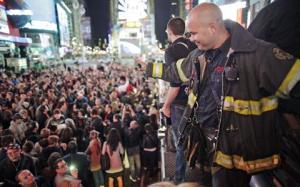
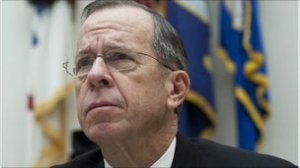
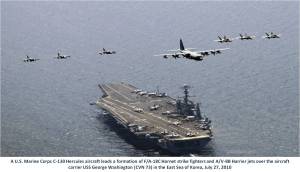
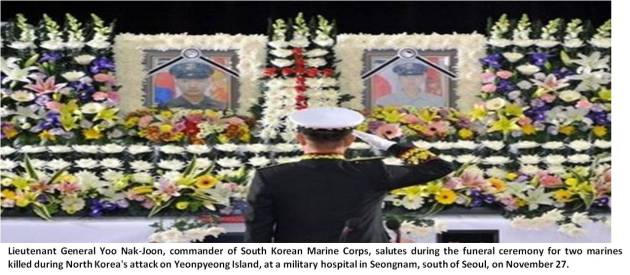
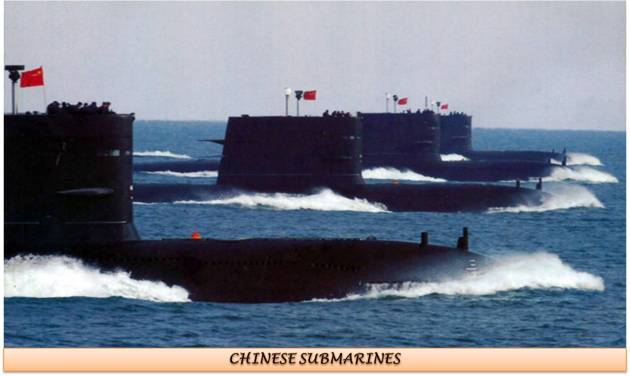
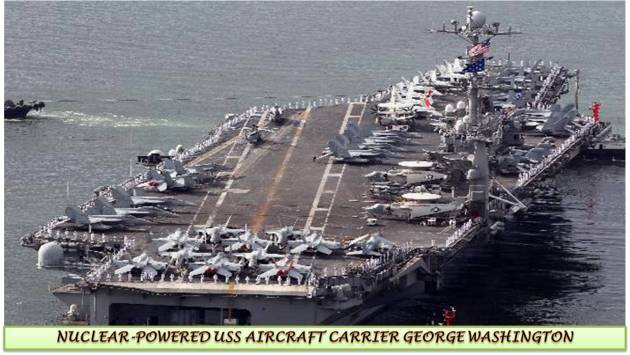
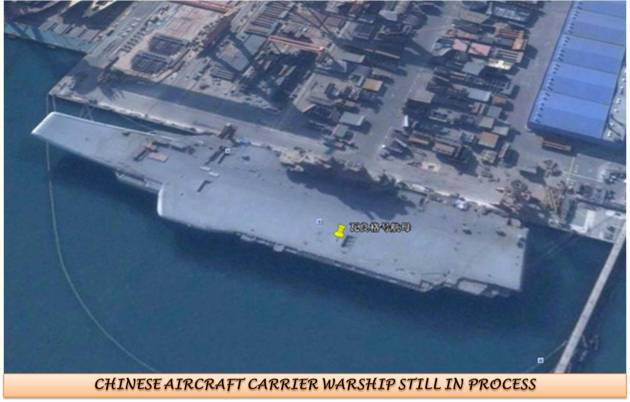
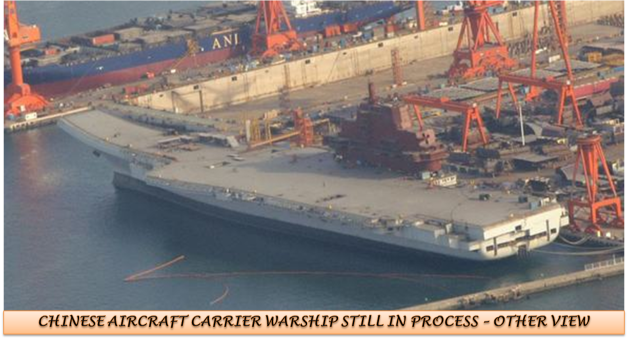
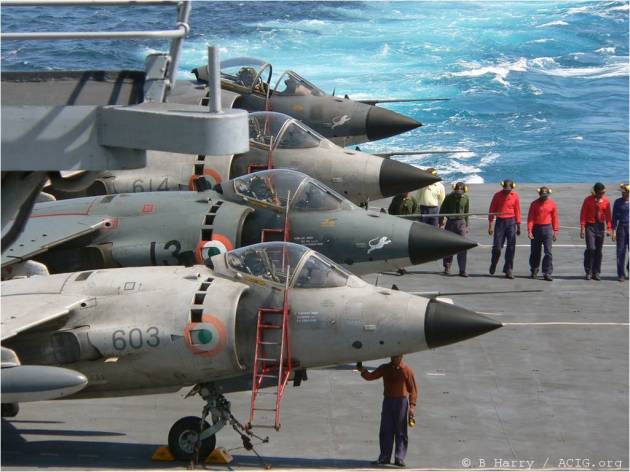
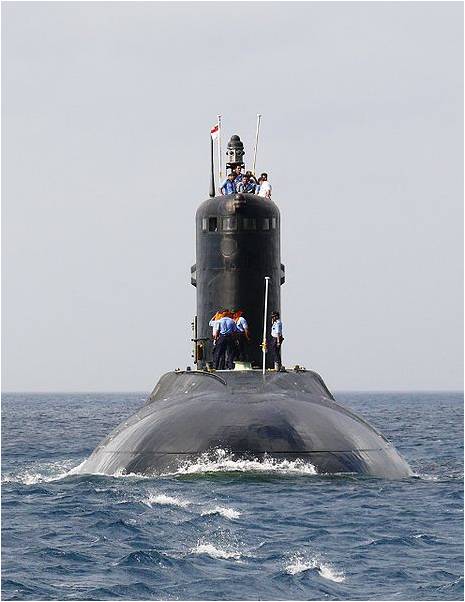






Impressions of Visitor & Few Replies